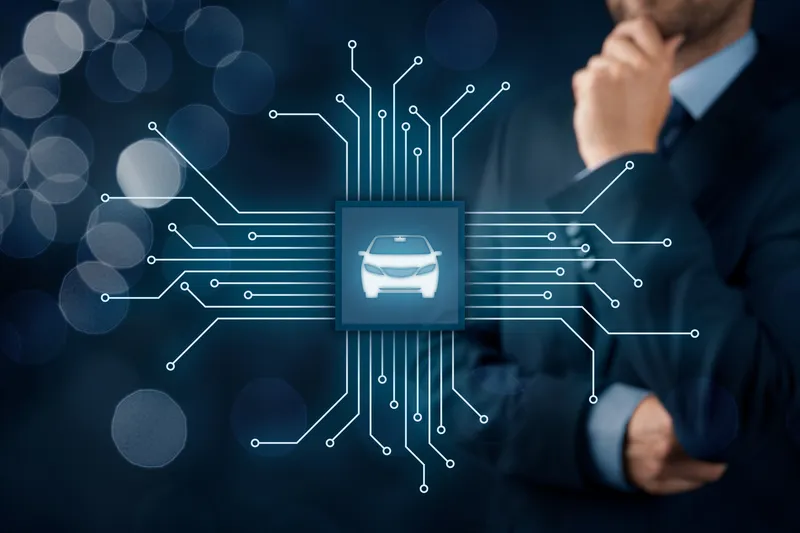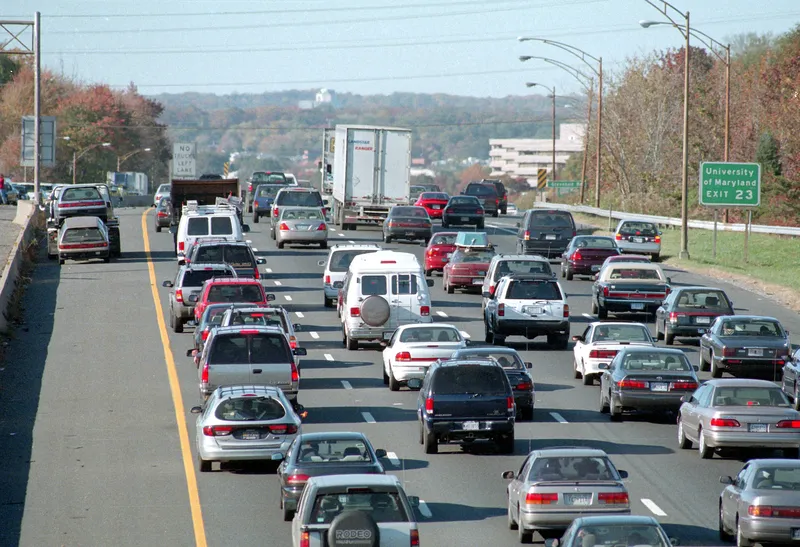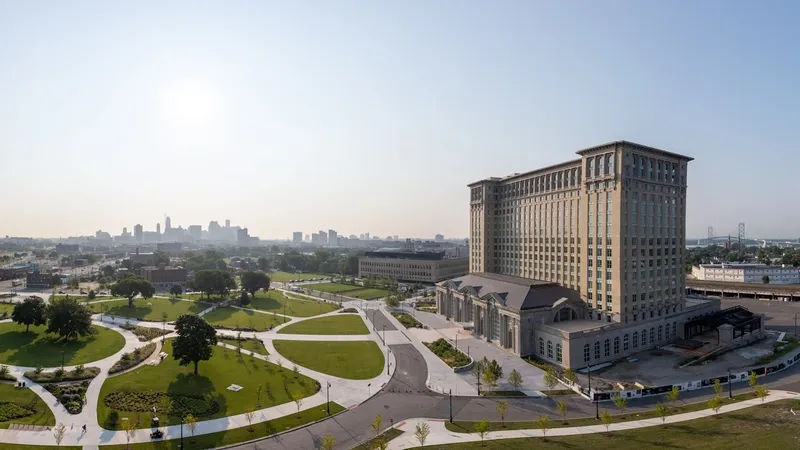
Transport tech group Cavnue, which last month revealed its part in a 40-mile driverless car corridor in Michigan, has appointed its first chief executive.
Tyler Duvall has served in several roles in the US Department of Transportation, including as acting under secretary for policy, the agency’s third highest-ranking official.
He led the George W. Bush administration’s efforts to modernise transportation infrastructure through new procurement, technology and financing approaches.
Cavnue has also been a principal at consultancy McKinsey & Company, and joins Cavnue from SH 130 Concession Company in central Texas, where he oversaw the operation and maintenance of a 41-mile privately operated toll road between the cities of Austin and San Antonio.
Cavnue designs and operates physical and digital road infrastructure.
In August it announced a connected and autonomous Vehicle (C/AV) corridor project in conjunction with Michigan DoT, the Michigan Economic Development Corporation and the city of Detroit.
The project seeks to create a more than 40-mile driverless vehicle corridor between the centre of Detroit and the city of Ann Arbor. Project partners include the University of Michigan, Ford Motor Company and the American Center for Mobility.
Cavnue, formed earlier this year by Sidewalk Infrastructure Partners, has also announced that Mark de la Vergne is the new director of the company’s Michigan office.
He will focus on designing the first fully dedicated connected and autonomous laneway in the US. De la Vergne previously served as chief of mobility innovation for Detroit mayor Mike Duggan.
Sidewalk Infrastructure Partners builds, owns, operates and invests in both advanced infrastructure projects and technology companies with innovations that enable and apply to those projects.
Among the company’s investors are Google’s parent company Alphabet and the Canada-based Ontario Teachers’ Pension Plan, a major institutional investor in global infrastructure.








